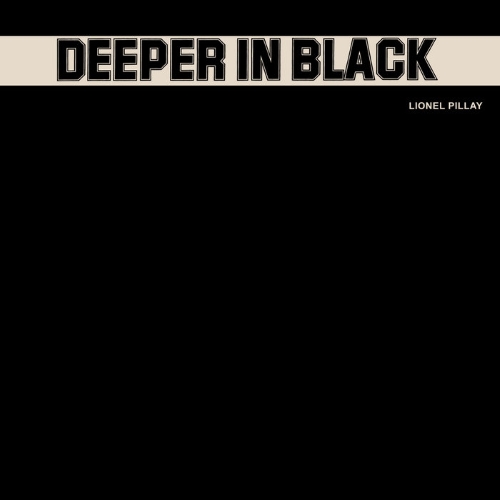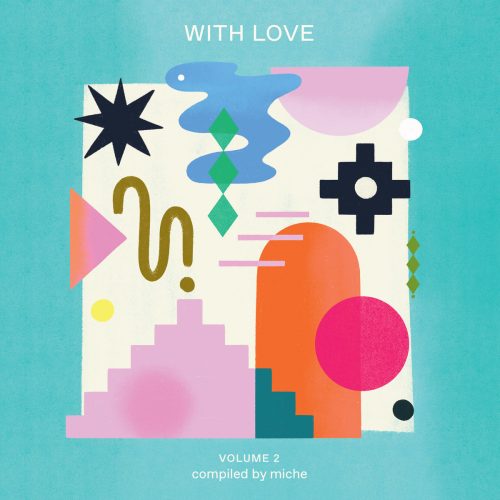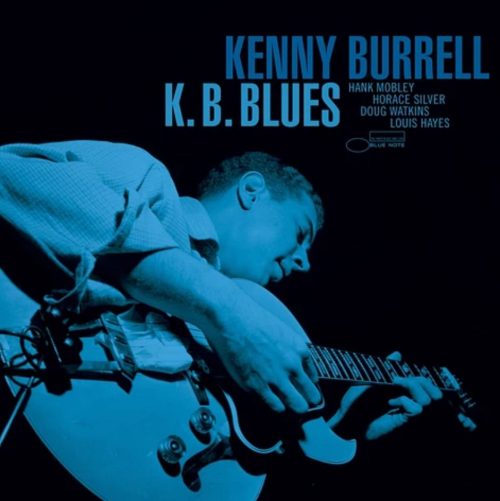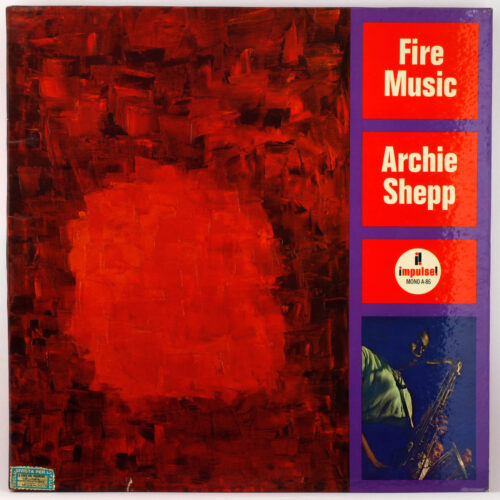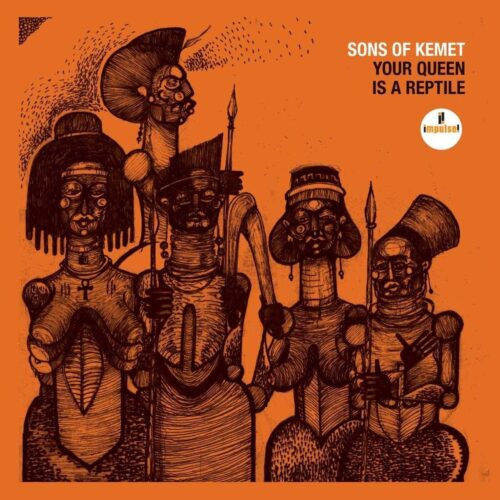Deeper in Black
Label: We Are Busy Bodies
Genre: African, Blowout Sale, Jazz, World
$39.99
Out of stock
Alongside the likes of As-Shams recording artists Pat Matshikiza and Tete Mbambisa, Lionel Pillay was one of the legendary pianists to emerge during the golden age of South Africa jazz in the 1960s. A sideman to and friend of Winston Mankunku Ngozi, Pillay appears on the most lauded historic recording from this era – the Mankunku Quartet’s 1968 long-player Yakhal’ Inkomo. Pillay later recorded his own version of the album’s title track, now a South African jazz standard, which was issued on the compilation Shrimp Boats in 1987.
Lionel Pillay’s broad list of associations is a testament to how widely respected he was in South Africa’s diverse jazz scene. In addition to his work with Mankunku, he played with Hugh Masekela in the early 1960s, produced the exquisite long-form recordings “Shrimp Boats” and “Cherry” with Basil Coetzee in the 1970s and collaborated with trumpeter Murray Campbell and saxophonist Bez Martin in the 1980s. However, is it with his 1980 album Deeper in Black, backed by core members of the jazz-fusion supergroup Spirits Rejoice, that his legacy was cemented.
Deeper in Black was inspired by the 1969 Blue Note recording of American trumpeter Blue Mitchell entitled Collision in Black and took its name from Pillay’s cover of the album’s Peggy Grayson composition. Pillay’s album featured another two compositions from Collision in Black by way of the Monk Higgins track “Keep Your Soul,” with distinct arrangements straddling Side A and Side B, and Vee Pea’s “Jo Ju Ja” closing out the set. Although the source material was over a decade old when Pillay recorded his album, Collision in Black had struck a chord in South Africa with its first pressing in 1969 and even seen a local repressing in 1978. Blue Mitchell owed much of his popularity in South Africa to a six-week tour with saxophonist Harold Land in 1976. It was during this time that As-Shams/The Sun producer Rashid Vally seized the opportunity to record the Dollar Brand album Blues for a Hip King with Mitchell and Land backing Abdullah Ibrahim. Although the recording and release of Pillay’s Deeper in Black coincides with Blue Mitchell’s death in May 1979, the album was not explicitly promoted as a tribute but did certainly offer a respectful nod to the esteemed trumpeter who was among the few American jazz heavyweights who managed to connect with the South African scene during the Apartheid era.
Although Pillay was a great arranger, Deeper in Black also showcases the exquisite original composition and album opener “Blues for Yusuf” with its shimmering keys, funky bass and searing sax. Issued in an all-black sleeve, there was a veiled revolutionary spirit behind the album’s hip modern sound that drew it into alliance with the work of contemporaries Movement in the City, who also sought to bring South African jazz into the 1980s along with a subtle edge of social realism. Pillay performed and recorded under the stage name Lionel Martin in the 1980s before fading into obscurity in 1990s owing to mental health challenges and passing away in 2003. While the details of his personal life are vague, his contribution to South African jazz is vividly documented on Deeper in Black with enduring vitality. Pillay’s discography on the As-Shams label is rounded out by Shrimp Boats, which features unreleased material from the Deeper in Black session, and his collaborative album Plum and Cherry with saxophonist Basil Mannenberg Coetzee.

